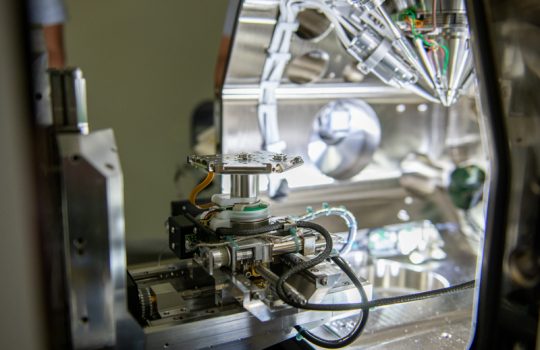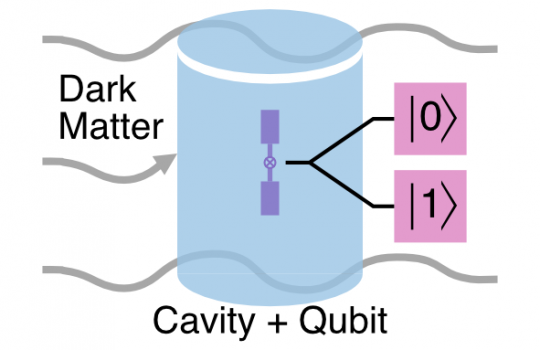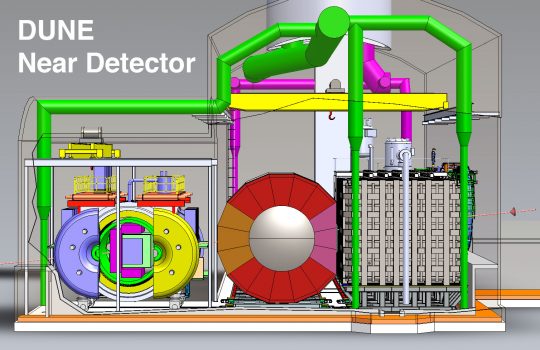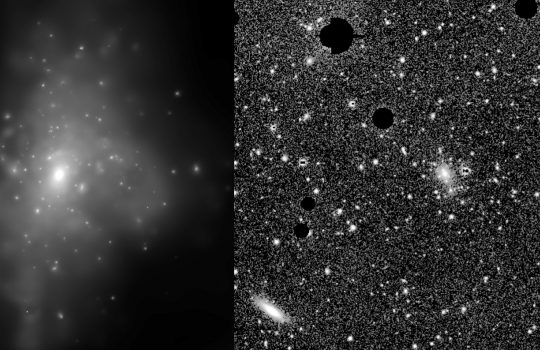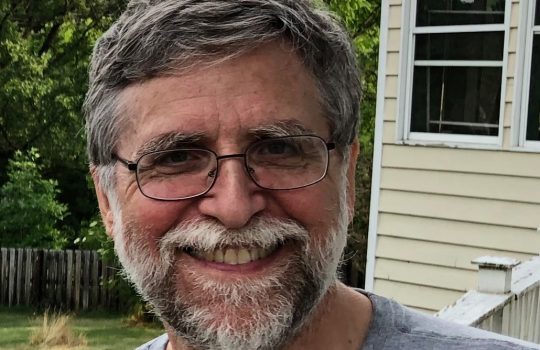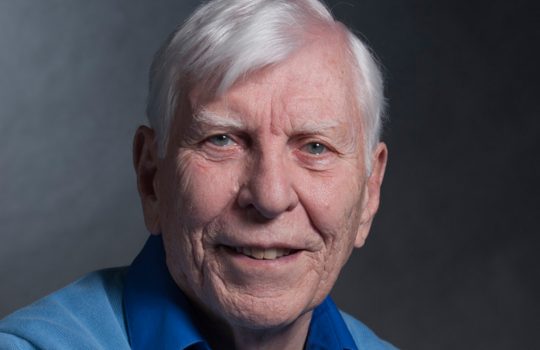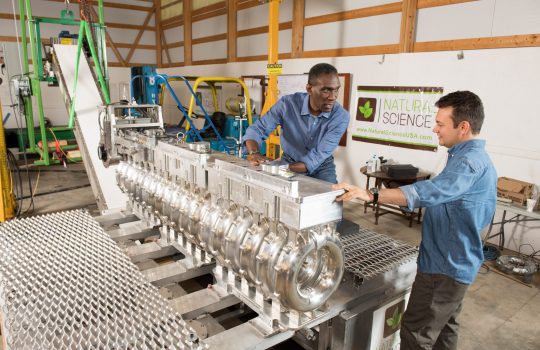SQMS researchers discover performance-limiting nanohydrides in superconducting qubits
Scientists at the Fermilab-led Superconducting Quantum Materials and Systems Center have discovered that nanohydrides, variants of an imperfection found in advanced superconducting materials for particle accelerators, also affect industrially produced superconducting qubits.

